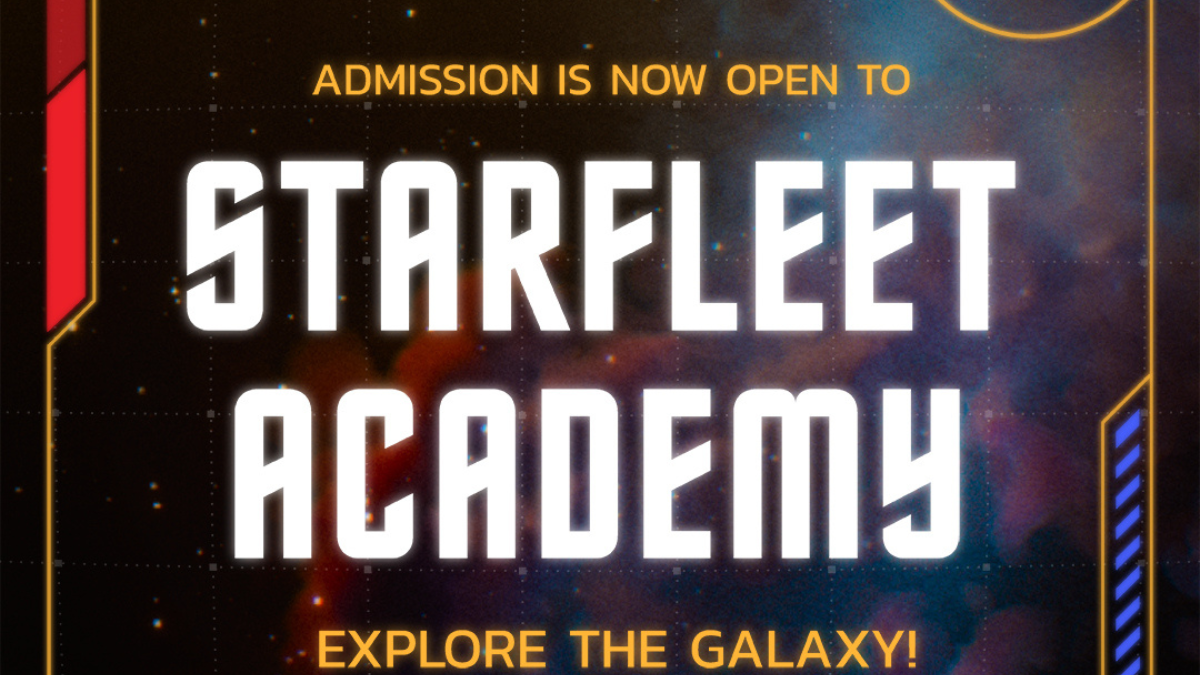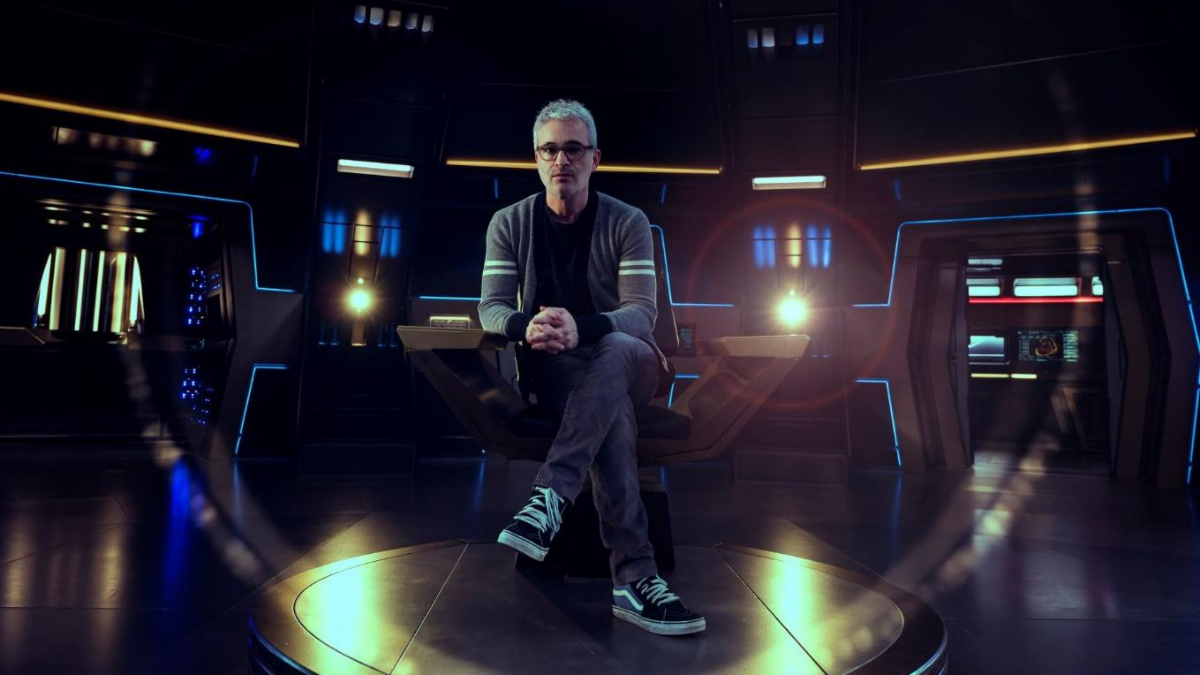Alex Kurtzman On Why STAR TREK: STARFLEET ACADEMY Is Set in the DISCOVERY Era

Alex Kurtzman at Starfleet Academy. Images: Paramount / Phillip Faraone/Getty Images.
The end of Star Trek: Discovery doesn't spell the end for the rich narrative tapestry of the 32nd century. This era, introduced in Discovery, will continue to captivate audiences with the upcoming Starfleet Academy series. Alex Kurtzman, the mastermind behind the current Star Trek TV universe, recently shared his insights with TrekMovie about why this particular timeline was chosen for the new series.
Kurtzman revealed in an interview with the LA Times that the decision to set Starfleet Academy in the post-Burn era of the 32nd century was driven by a desire to resonate with contemporary audiences, particularly younger viewers.
"As the father of a 17-year-old boy, I see what my son is feeling as he looks at the world and to his future," Kurtzman explained. "I see the uncertainty; I see all the things we took for granted as given are not certainties for him. I see him recognizing he’s inheriting an enormous mess to clean up and it’s going to be on his generation to figure out how to do that, and that’s a lot to ask of a kid."
This sense of inheriting a world in turmoil mirrors the state of the Federation in the post-Burn era, where the aftermath of a galaxy-wide catastrophe has left the Federation and Starfleet in shambles. By setting Starfleet Academy in this period, Kurtzman aims to create a series that is both authentic and relevant.
"If we set Starfleet Academy in the halcyon days of the Federation where everything was fine, it’s not going to speak to what kids are going through right now," he noted.
The new series will feature the first class of cadets returning to the Academy after over a century of disruption caused by the Burn.
"They are coming into a world that is only beginning to recover from a cataclysm," Kurtzman said. This setting provides a backdrop for a narrative rich in optimism, fun, and emotional depth, reflecting the resilience and hope of today's youth. "I think these kids, in different ways, are going to represent what a lot of kids are feeling now."
As presented in Discovery, the Burn was a devastating event in the Star Trek universe that rendered most of the galaxy's dilithium inert, crippling warp travel and causing the Federation to fragment. The crew of the USS Discovery played a pivotal role in resolving this crisis, setting the stage for the Federation's slow recovery.
In addition to its compelling temporal setting, Starfleet Academy will also explore intriguing physical locales. Kurtzman hinted at a blend of Earth-based and space-based settings, with a significant focus on reimagining San Francisco in the 32nd century.
"Right now we’re in the middle of answering the question what does San Francisco, where the Academy is, look like in the 32nd century? Our primary set is the biggest we’ve ever built," he shared.
Adding to the excitement, Oscar-winning actress Holly Hunter has been cast as the lead of the series, playing the "captain and chancellor" of Starfleet Academy.
Kurtzman expressed his enthusiasm, saying, "Honestly, when we were working on the scripts, we wrote it for Holly thinking she’d never do it. And we sent them to her, and to our absolute delight and shock she loved them and signed on right away."
As for the future of the Star Trek franchise beyond Starfleet Academy and the upcoming Section 31 movie, Kurtzman remains tight-lipped but optimistic. He hinted at more surprises to come, emphasizing the endless potential of the Star Trek universe.
"There’s something in the DNA of its construction that allows you to keep opening different doors," he said. "The real question for Star Trek is how do you keep innovating, how do you deliver both what people expect and something totally fresh at the same time."
Set to begin filming this summer, Starfleet Academy promises to bring a fresh and engaging perspective to the Star Trek universe, with a planned release on Paramount+ in 2026. For now, fans can look forward to a series that not only continues the legacy of Discovery but also speaks directly to the challenges and hopes of today's younger generation.
Chris Post is a life-long fan of Star Trek who has been working in journalism for nearly 25 years.





